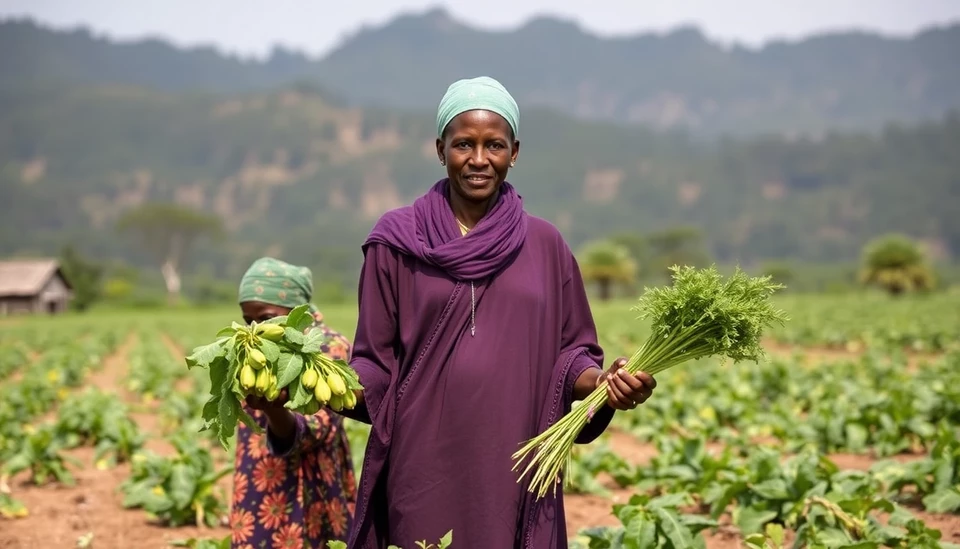
In a significant move reflecting the changing landscape of global priorities, African leaders are uniting to focus on food sovereignty. As concerns grow over food security amidst climate change and geopolitical tensions, discussions at a recent summit have emphasized the necessity for African nations to develop self-sufficient agricultural practices.
The summit, attended by heads of state across the continent, highlighted how much African nations currently rely on food imports. Many are grappling with the implications of rising global food prices and disrupted supply chains, exacerbated by events such as the ongoing conflict in Ukraine, which has dramatically affected grain exports.
As part of this initiative, leaders are calling for increased investment in local agriculture. This includes the development of sustainable farming practices that not only ensure food availability but also protect the continent's diverse ecosystems. The need for innovation in agricultural technology was also underscored, with discussions focusing on enhancing crop yields through research and development.
The urgency of this approach is underscored by statistics revealing that 1 in 5 people in Africa are already facing food insecurity. Leaders highlighted the importance of prioritizing local food production not only as a measure to avoid reliance on imports but also as a catalyst for economic growth and job creation in rural areas.
Furthermore, the summit showcased successful models from various countries in Africa where agricultural reforms have led to improved food security and economic stability. By sharing these success stories, leaders aimed to inspire collaborative efforts that can be replicated across the continent.
The African Union reiterated its commitment to achieving Agenda 2063, which seeks to transform Africa into a global powerhouse that champions sustainable development. Food sovereignty, seen as a form of independence from external influences, is critical to achieving this vision.
Additionally, discussions at the summit touched on the need for a more robust regional trade framework that encourages collaboration and resource sharing among countries. By fostering a sense of unity and collective responsibility, African nations hope to attain greater resilience against global market volatility.
In conclusion, the summit not only spotlighted the critical issue of food sovereignty but also laid the groundwork for a more integrated approach to tackling food security across Africa. As leaders commit to prioritizing agricultural self-sufficiency, the path ahead looks promising for a continent eager to harness its agricultural potential.
#FoodSovereignty #AfricanLeaders #SustainableAgriculture #FoodSecurity #AgroInnovation #AfricanUnion #Agenda2063
Author: Daniel Foster




